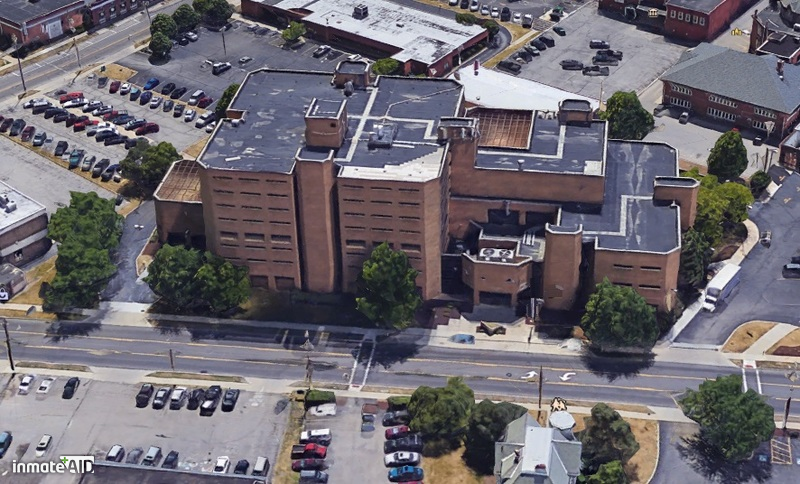Thank you for trying AMP!
You got lucky! We have no ad to show to you!
Connect with an Inmate
Lake County OH Youth Detention Center
State Juvenile
Lake Co Youth Detention is for State Juvenile offenders have not been sentenced yet and are detained here until their case is heard.
All prisons and jails have Security or Custody levels depending on the inmate’s classification, sentence, and criminal history. Please review the rules and regulations for State juvenile - minimum facility.
If you are unsure of your inmate's location, you can search and locate your inmate by typing in their last name, first name or first initial, and/or the offender ID number to get their accurate information immediately Registered Offenders
You can support your loved ones at Lake Co Youth Detention on InmateAid, if you have any immediate questions contact the facility directly at 440-350-3159.
The Lake County OH Youth Detention Center is within the jurisdiction of the Ohio Department of Juvenile Justice located at 53 E Erie St , Painesville, OH.
The facility provides supervision of youth in a safe, secure and humane environment. Services for youth include education, mental health, substance abuse, and health care. Medical and mental health are contracted services. Educational services are funded by the Ohio Department of Education through local school districts.
A typical day in secure detention would involve hygiene, meals, school, structured physical and educational activities, and court appearance as scheduled. The average length of stay in secure state detention is approximately 60 days.
The Juvenile Detention Center is a secure facility for juveniles who are a threat to themselves or others and youth who may fail to appear for court are detained.
This facility has a secondary mission to provide short-term, local-based rehabilitation for delinquents. In fact, the rehabilitation group makes up the large majority of detained adolescents.
DESCRIPTION - The Detention Center provides single-room housing for up to forty offenders. Typically, the population ratio is four boys to one girl. The average stay is twelve days for girls. Boys tend to commit more serious offenses more often and, therefore, tend to have longer detention stays. A staff of seventeen full-time Juvenile Corrections Officers provides around the clock supervision. The staff also includes two supervisors, four cooks and eighteen part-time staff.
PROGRAM - The requirement for Detention is to provide the basic needs of food, clothing, shelter, as well as health and safety. These are the requirements for good custodial care.
Residents participate in a year-round education program. Education is provided by a staff of certified teachers from Painesville City Schools. We make every effort to provide a curriculum which meets the needs of this diverse group. Indoor or outdoor exercise areas are used daily. All residents are required to keep their rooms clean and help with light housekeeping. Psychological services are an integral part of the program. Informal counseling with our well-trained staff is often provided. The Levels Program, based on behavior modification treatment modality, provides concrete attainable goals for youth in our care.
In 2009, the Court added a computer lab to meet the student's needs presented by the evolving modes of education. Students are now able to continue with their online computer-based education while attending Educational Services and the Detention Center. Many of these students are behind academically and are offered a unique opportunity to achieve credit recovery and in some cases, even graduate while attending. Thanks to a generous donation by the Mentor and Painesville Rotary Clubs in March 2011, the Court received 12 laptop computers for use in the Computer Lab.
The involvement of community agencies enhances our rehabilitation effort. Family Planning provides a bi-monthly session including exercises in resisting negative peer pressure. Finally, a dedicated group of volunteers minister to the spiritual needs of the Detention residents.
In 2009, the Lake County Juvenile Detention Center Garden Program was started with the assistance of the Ohio State University Extension Office.
The Lake County Juvenile Detention Center has developed an excellent reputation in the corrections community. Our services compare to the best nationally, thanks to a well-trained, dedicated staff and a facility which has been kept up to date.









